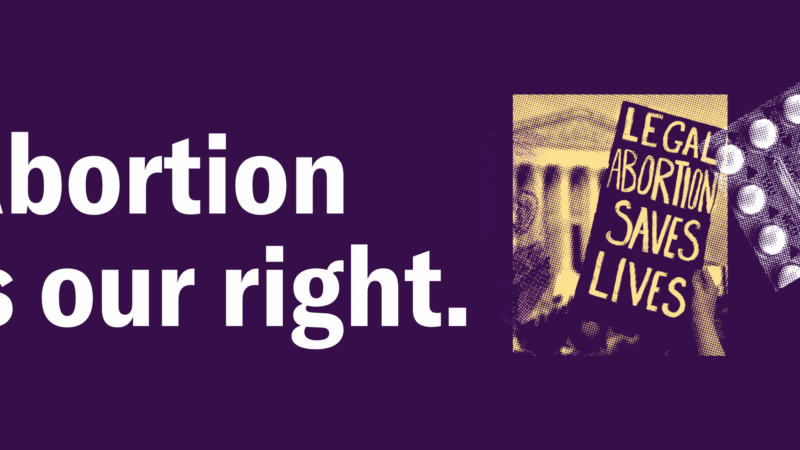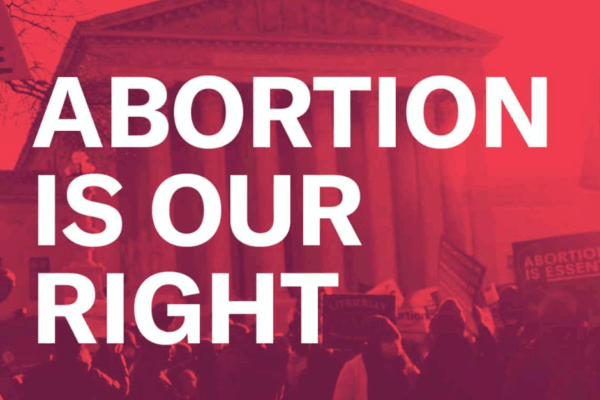Reproductive Freedom
Every individual should have the right to determine for themselves if, when, and how they would like to become a parent, without government interference.

What you need to know
$500-791
is the average cost of abortion care in Delaware
18 states
including Delaware, allow Medicaid-funding of abortion services
Black women 2-3x
more likely to die from pregnancy-related complications
Every individual should have the right to determine for themselves if, when, and how they would like to become a parent, without government interference.
Reproductive freedom is a fundamental human right, and that includes access to abortion, one of the most common and safe medical procedures performed today. But since 2011, states have enacted more abortion restrictions than they did in the previous 10 years combined. Extremist politicians across the country have shut down clinics, enacted oppressive gestational limits, and even banned abortion outright. With the U.S. Supreme Court overturning the landmark Roe v. Wade and Planned Parenthood v. Casey decisions, it’s more important than ever for Delaware to ensure that we remain a safe haven for access to care – for Delawareans and for those who are forced to leave their state to receive the care they need.
ACLU of Delaware is committed to ensuring that Delaware’s laws and policies make reproductive freedom a reality for everyone – no matter where they live or how much is in their bank account. Through litigation, advocacy, and public education, we strive to ensure that every patient in need is able to receive the full range of reproductive healthcare. We stand ready to remove barriers and expand abortion rights, block efforts to strip pregnant people of their bodily autonomy and ensure that individuals have agency in their own reproductive decisions.
*Data from the Guttmacher Institute and the U.S. Center for Disease Control.
The Latest

Breastfeeding Access is a Civil Rights Issue

ACLU of Delaware Praises the Passage of HS 2 for HB 110 Allowing for Medicaid-Funded Abortion
Cases, Campaigns & Legislation
Legal Report: Lookback at 2011
Stay Informed
Sign up to be the first to hear about how to take action.
By completing this form, I agree to receive occasional emails per the terms of the ACLU’s privacy statement.
By completing this form, I agree to receive occasional emails per the terms of the ACLU’s privacy statement.

